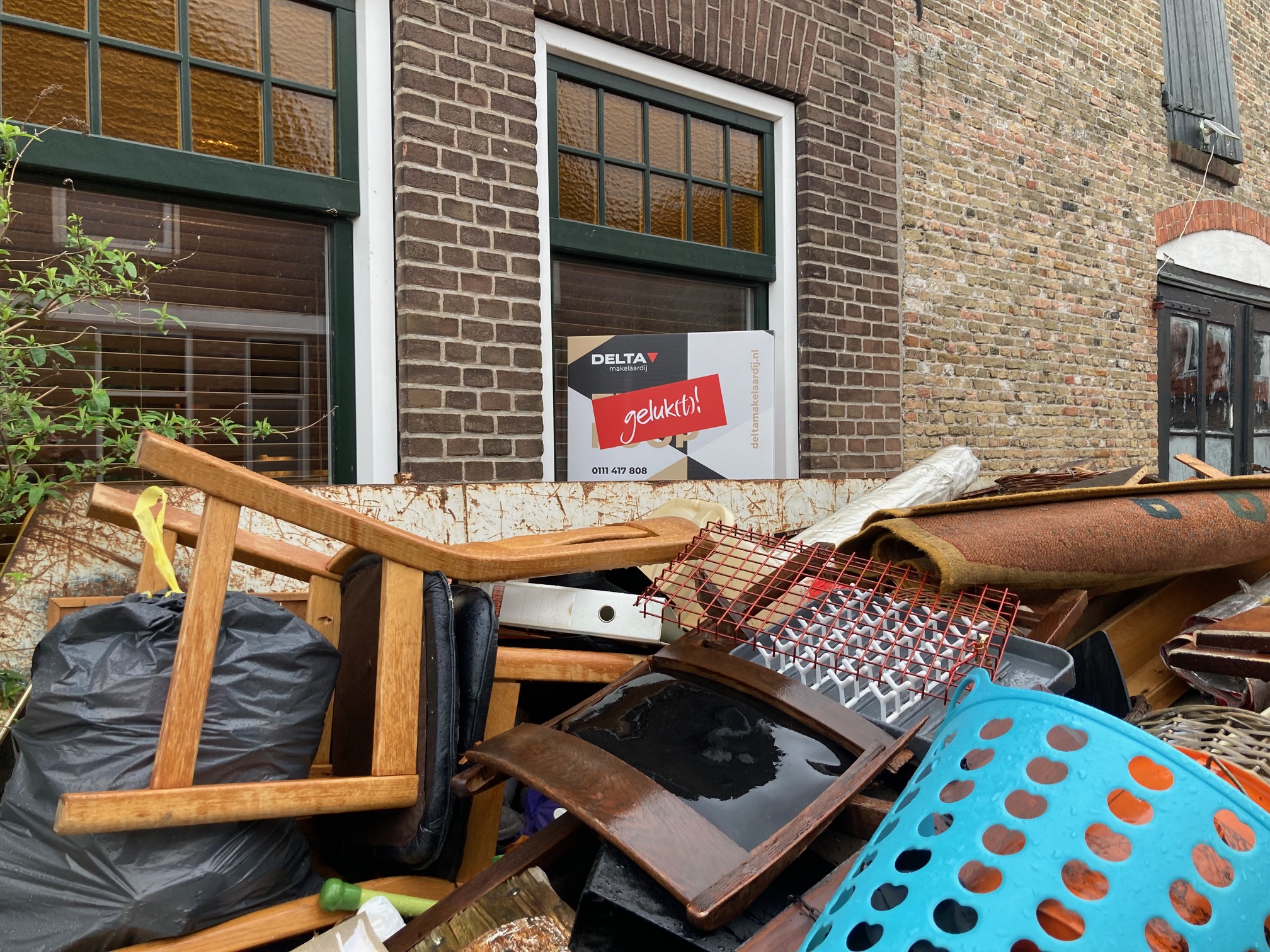“Stop inciting foreigner hatred”: UN housing rapporteur
Senay Boztas
The UN special rapporteur on the right to housing has called for urgent measures to guarantee this right in the Netherlands, warning that decades of government policy rather than immigrants are the cause of the “acute housing crisis”.
Balakrishnan Rajagopal, also associate professor of law and development at Massachusetts Institute of Technology, recommended in an official report that the government should “actively counter incitement of hatred against foreigners who have been blamed for the housing crisis”.
In a 19-page analysis, based on an invitation to visit the Netherlands in December and several months of research, the rapporteur noted the country had a rich tradition of social housing that had been left to crumble.
Parties such as Geert Wilders’ PVV and Pieter Omtzigt’s New Social Contract, blamed groups such as asylum seekers, migrant workers and international students for the housing crisis during the election but the rapporteur did not agree with this analysis.
“Alternative narrative”: it’s the foreigners
“Rather than posing a competition to Dutch nationals when it comes to access to adequate housing, these groups mostly find themselves at the bottom of the society competing for housing which most Dutch citizens are either not eligible for or would not wish to move into,” he said, describing migrant workers.
“Certain number of highly-qualified expatriates employed in specific industries or international organisations may pose some competition, which can, in specific areas, drive up housing prices, but this is not, by all available evidence, the cause of the general housing crisis in the Netherlands.”
He said two decades of government choices – for example, to tax social housing corporations and allow landlords to use two-year rental contracts – have led to an “acute housing crisis” of shortage and overpricing.
“Structural causes [include] lack of adequate land for new affordable housing… insufficient attention to the role of speculation and large investors in the real estate market, and insufficient protection of renters’ rights,” he wrote.
“But an alternative narrative has emerged in the Netherlands that an ‘influx of foreigners’ arriving in the country is responsible for the housing crisis, which has been exploited for political ends and has radicalised and divided public opinion. It is important to break down who are the foreigners that arrive in the Netherlands and to understand how they are housed.”
Universities: build halls
The rapporteur recommends, for example, that universities take responsibility for housing students, as they do in other countries. He proposes a right to adequate housing enshrined in law – stopping evictions and basic facilities such as water being cut off and also ensuring rental contracts and tenant advertisements are non-discriminatory.
Estate agents should be licensed, he said, with mandatory training and certification that guarantees non-discrimination as part of their job. Local authorities should be able to impose rent caps and controls, temporary contracts should have the same protections as permanent ones and landlords should be fined for leaving properties empty for profit.
He also recommended a ministry of housing, various property funds and access to long-term social housing for all legal residents including migrant workers. He took up the issue of people in Groningen suffering from gas mining-related earthquake damage as a housing and equality issue and also recommended expanding access to social housing to “middle income groups”.
Policy choices
He pointed out, however, that actually the country is very well stocked with social housing in comparison to others. “The Netherlands has a long and rich tradition in social housing characterised by quality housing, providing affordable homes for lower, and to some extent, to middle-income households – it is indeed, a cultural heritage of the Netherlands,” he said.
“Although the Netherlands still has the highest rate of social housing in Europe with four million people living in 2.3 million social housing units…around one third of all residential dwellings, there is a significant shortage…due to the years of policy choices.”
Paul Bekkers, Dutch permanent representative the the UN, has said the Netherlands will “take the recommendations to heart”, according to NOS, although he said changing the constitution to anchor rights to housing would be a huge step.
Thank you for donating to DutchNews.nl.
We could not provide the Dutch News service, and keep it free of charge, without the generous support of our readers. Your donations allow us to report on issues you tell us matter, and provide you with a summary of the most important Dutch news each day.
Make a donation